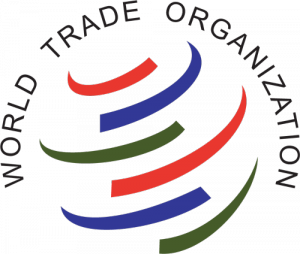By Dr Clair Gammage, Lecturer in Law (University of Bristol Law School).
 As a regional integration lawyer, I have become increasingly concerned about the arguments put forward by both camps in the Brexit debate which, in my opinion, overlook the complexity of international trade. As the world has become increasingly multilateralised, the power base has shifted from the traditional “sovereign State” toward international institutions and regional organisations. States are no longer the only governing organisations in the international order.
As a regional integration lawyer, I have become increasingly concerned about the arguments put forward by both camps in the Brexit debate which, in my opinion, overlook the complexity of international trade. As the world has become increasingly multilateralised, the power base has shifted from the traditional “sovereign State” toward international institutions and regional organisations. States are no longer the only governing organisations in the international order.
We are witnessing the proliferation of regional trading arrangements and the EU has been a leader in the regional project. Regionalism is the coming together of a group of countries that may or may not be geographically proximate for a common purpose – usually, trade. While the Southern African Customs Union (SACU) is the oldest regional arrangement, the EU is perhaps the best known because of its relative success at economic, political and social integration. The EU remains the biggest global economy and a world leader in the liberalisation of commercial services and investment. Alongside the US, the EU is the largest trade partner for almost every other country in the multilateral trading system. It is a highly diverse and competitive market, and one which is very attractive as a region to other countries.
If the UK votes to leave the EU on 23 June, what will happen to our existing trade deals? The first issue to be addressed is leaving the EU, which is a type of preferential trade agreement in itself: a customs union. Article 50 of the Lisbon Treaty provides the legal basis for exiting the customs union. However, what is not accounted for is the impact that leaving the customs union will have on the concessions the UK currently enjoys by being part of the EU. When the World Trade Organisation (WTO) was created in 1995, the UK had been a part of the negotiations in the preceding Uruguay Round, albeit as part of the EU. In this regard, it is difficult to assess what concessions might be agreed for individual UK membership if Brexit becomes a reality. Negotiations for new concessions and market access might need to be approved by other WTO Members, and their agreement to such a schedule of concessions might not be forthcoming. (more…)
